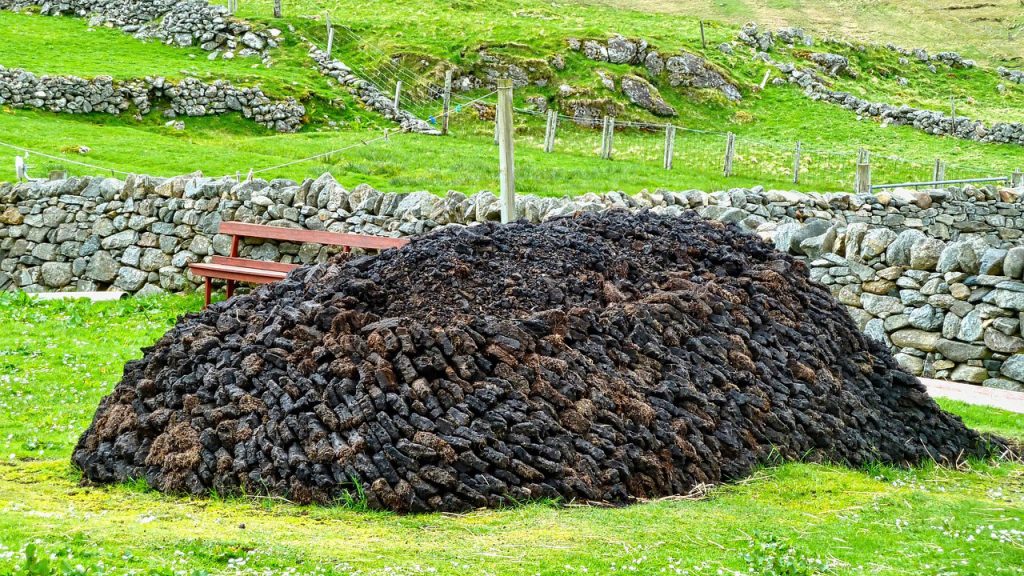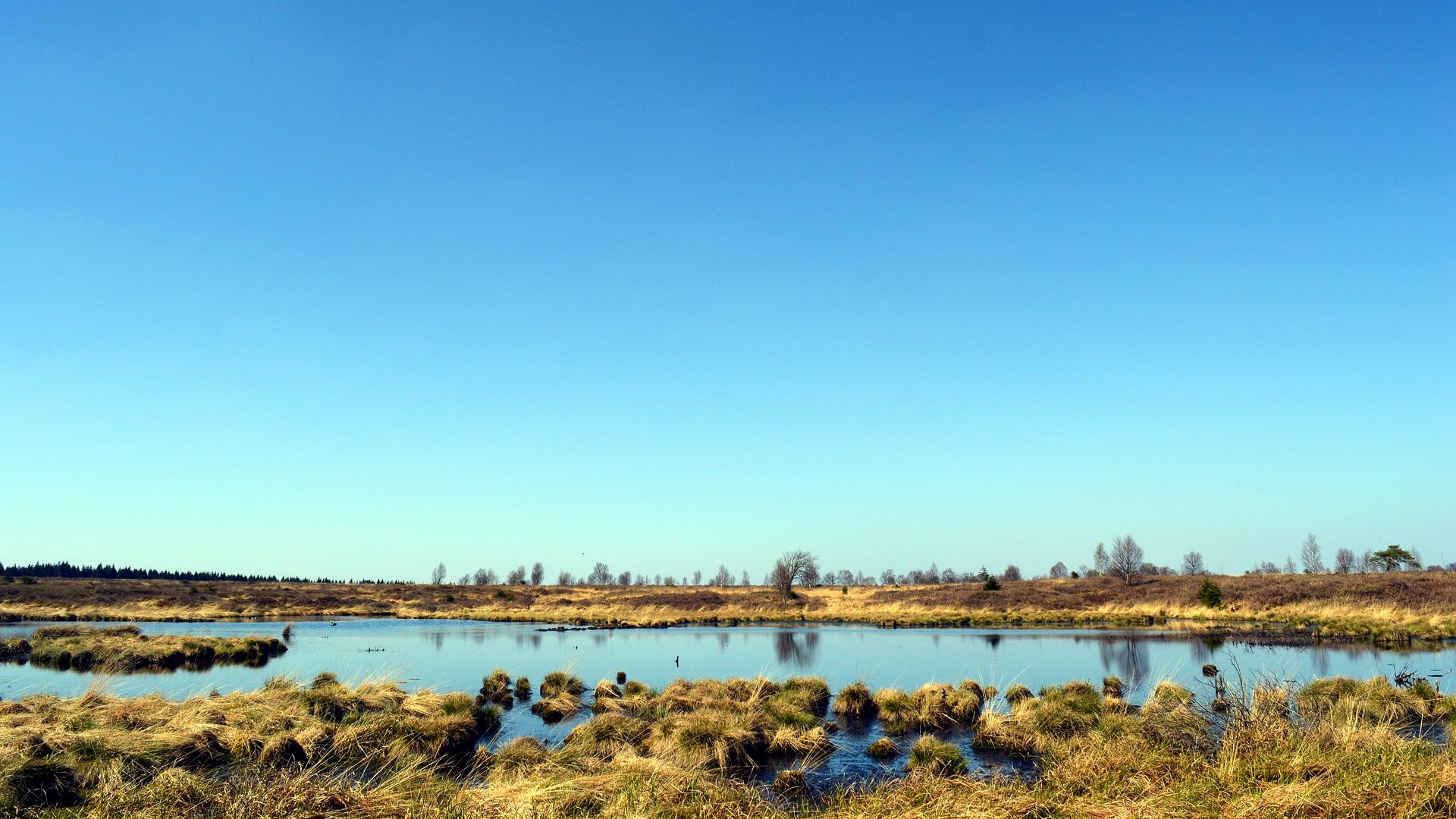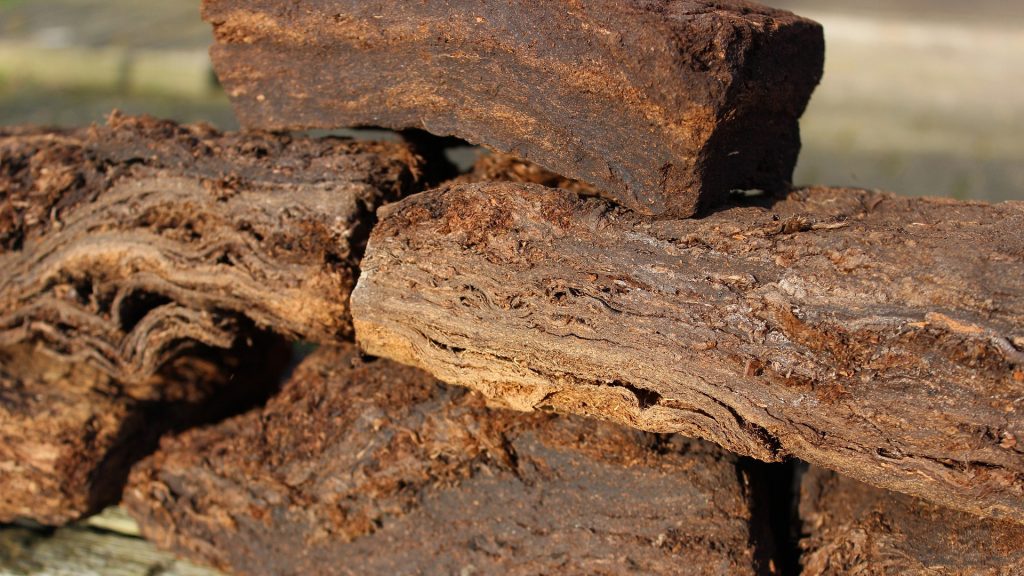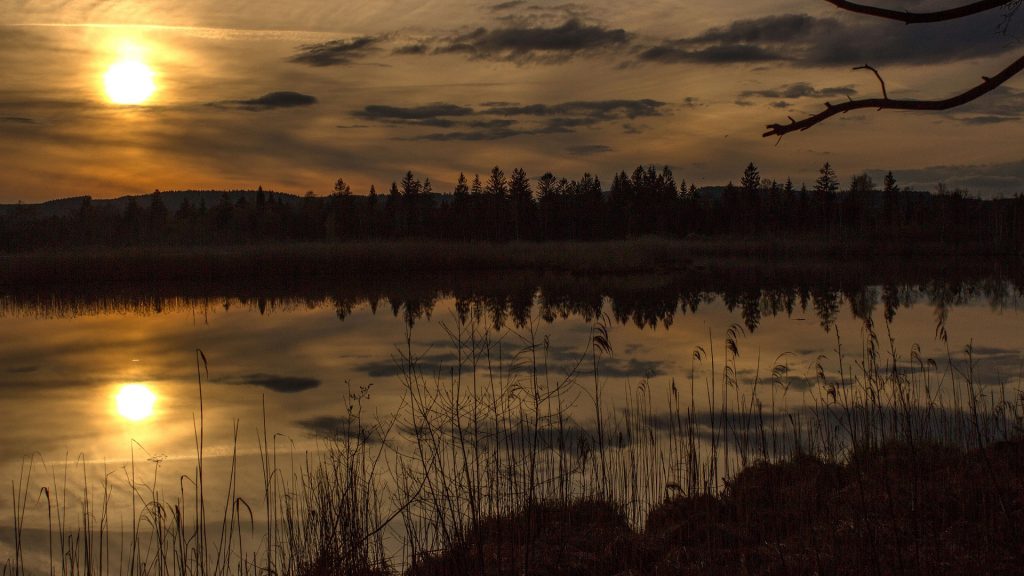Although the Welsh government has stopped selling peat compost to gardeners, more needs to be done to protect habitats, say campaigners.

There is still a long way to go to protect Wales’s delicate habitats, despite a significant ban on the use of peat that comes into force this year.
The Welsh government announced an end of peat retail seling in gardening to protect Welsh peatlands, but gardeners can still use it in potted plants and grow commercial plants, according to an environmental campaigner.
“Once the ban is in place you might only buy a bag of compost that is peat-free, but all of the plants offered for sale in local garden center could still be grown in peat,” said Jenny Bennion, Peatlands Communications Officer from The Wildlife Trust for Lancashire. “There are no timeframes associated with the Wales ban now, and we also need to see bans right across the UK then no horticultural product sold contains peat.”

Peat is plant material partially decomposed and stored in waterlogged conditions and it takes 1,000 years for one metre of peat to form, whose most important property is retaining moisture in container soil when it is dry, while preventing the excess of water from killing roots when it is wet.
But the question is that peat used in compost is dug out of wild places, such some peatlands, which are home to rare and endangered wildlife, such as large heath butterflies and wading birds like dunlin.

And when peat is extracted, it becomes dried and exposed to the nature, then emits back into the atmosphere as CO2, contributing to climate change. Therefore, following a public consultation showing 92% of Welsh respondents supported an overall stop of the sale of peat compost, the Welsh government introduced the important ban.
“The environmental benefit may not be tangible in a Welsh sense, given that these islands’ ecosystems are broadly interlinked, but as a statement, it’s a profound one,” said Owen Williams, who is a managing director of a Welsh social media agency.
“It’s widely reckoned that we’re currently living in the planet’s sixth mass extinction event, and we’re doing very little to prevent it. The prevention of peat sales in Wales puts down a marker – we do things differently,”said Owen.

Peatlands represent a huge carbon store, so they are essential in fight against climate change. And British peatlands store an amazing 3.2 billion tons of carbon, however, over 80% of which are damaged primarily for horticultural purposes.
Conservationists have been campaigning for the end of the use of peat in gardening since 1990s even earlier.
“We’re experiencing biodiversity and habitat loss salt the same time as climate change – all of which is driven by humans,” said Owen. “Peat must now be outlawed for sale as a fuel. Peat is best when left ‘in’ the ground.”

A ban on the retail sales of peat was announced in England in August 2022 following a consultation earlier this year, and the Scottish parliament is also promising a consultation on banning peat sales by the end of 2022.
The Welsh Government will now work with the UK Government on next steps to implement as soon as is practically possible.
